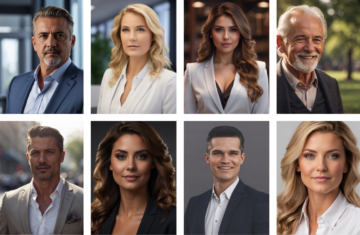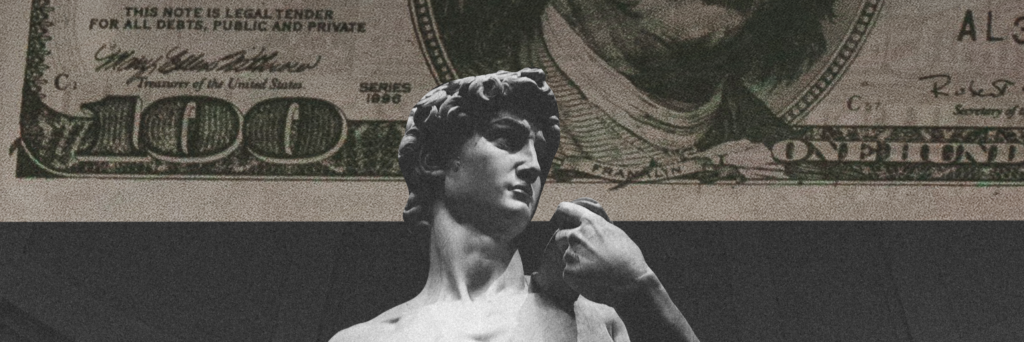
Cover photo done from an original by Ryan Ancill on Unsplash.
The beauty premium refers to the economic advantage that individuals perceived as more attractive tend to enjoy over their less attractive counterparts. This advantage manifests in several ways, including higher wages, better job prospects, and more favorable performance evaluations. Studies have consistently shown that physical attractiveness can significantly influence hiring decisions, promotions, and even the overall career trajectory of individuals.
This is not only related the physical attractiveness but also to your personal presentation. Have you though well how are you dressing in a business context?, is your style well selected for the occasion?, are you well groomed? . . .In this blog post, we will explain you how you may take advantage of this psychological bias, and turn the chances to your side.
The Evidence Behind the Beauty Premium
Research across various fields supports the existence of the beauty premium.
-
- Biddle and Hamermesh (1998) argue that customer discrimination, driven by either pure taste discrimination or the (correct) belief that attractive attorneys are more effective than other attorneys in front of judges and juries, explains the beauty premium among lawyers.
-
- Landry et al. (2006) found attractive female solicitors were more effective in collecting contributions for a charitable organization in a door-to-door fundraising field experiment. While attractiveness may enhance productivity.
-
- Hamermesh and Biddle (1994) write, “The strongest support is for pure Becker-type discrimination based on beauty and stemming from employer/employee tastes.”12
Source: Facial attractiveness and life time earnings: evidence form a cohort study
How Does the Beauty Premium Affect the Workplace?
-
- Hiring Decisions: Attractive candidates are often favored in the hiring process. Employers may unconsciously associate physical attractiveness with positive traits such as intelligence, reliability, and sociability. Although we now empirically there isn’t correlation between IQ and attractiveness.
-
- Earnings: Attractive individuals tend to receive higher salaries. This wage disparity is evident across various industries and job roles, suggesting that the beauty premium is a widespread phenomenon. Still IQ is a better predictor overall of better earnings than the beauty premium.
-
- Career Advancement: Physical attractiveness can also influence promotions and career progression. Attractive employees are often seen as more persuasive and influential, leading to faster career advancements.
Psychological and Social Mechanisms

Several psychological and social mechanisms explain why the beauty premium exists:
-
- Halo Effect: The halo effect is a cognitive bias where people attribute positive characteristics to someone based on a single trait, such as physical attractiveness. This bias can lead to more favorable evaluations and treatment of attractive individuals.
-
- Social Capital: Attractive individuals may have better networking opportunities and social interactions, which can enhance their career prospects.
-
- Self-Confidence: People who perceive themselves as attractive often exhibit higher self-confidence, which can positively influence their performance and the way they are perceived by others.
Implications of the Beauty Premium
While the beauty premium can benefit those deemed attractive, it also raises concerns about fairness and equality in the workplace. Relying on physical appearance as a criterion for employment and promotion can perpetuate biases and discrimination, leading to an unbalanced and unjust professional environment.
On the other side, you can also always consciously try to benefit from it, now you know it exist. You can’t change your natural given facial qualities, but you can take active decisions which make your presentation more attractive, choose your outfit consciously for the occasion and polish every detail of your presentation. “Dress for the job you want” isn’t after all an empty stereotypical phrase.

